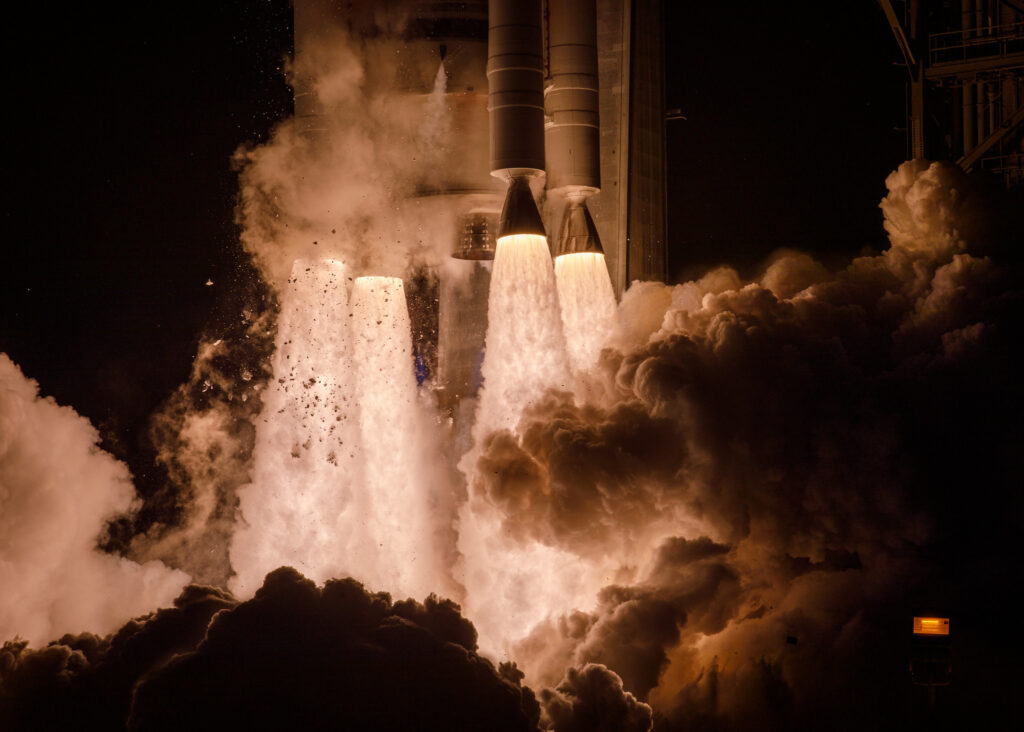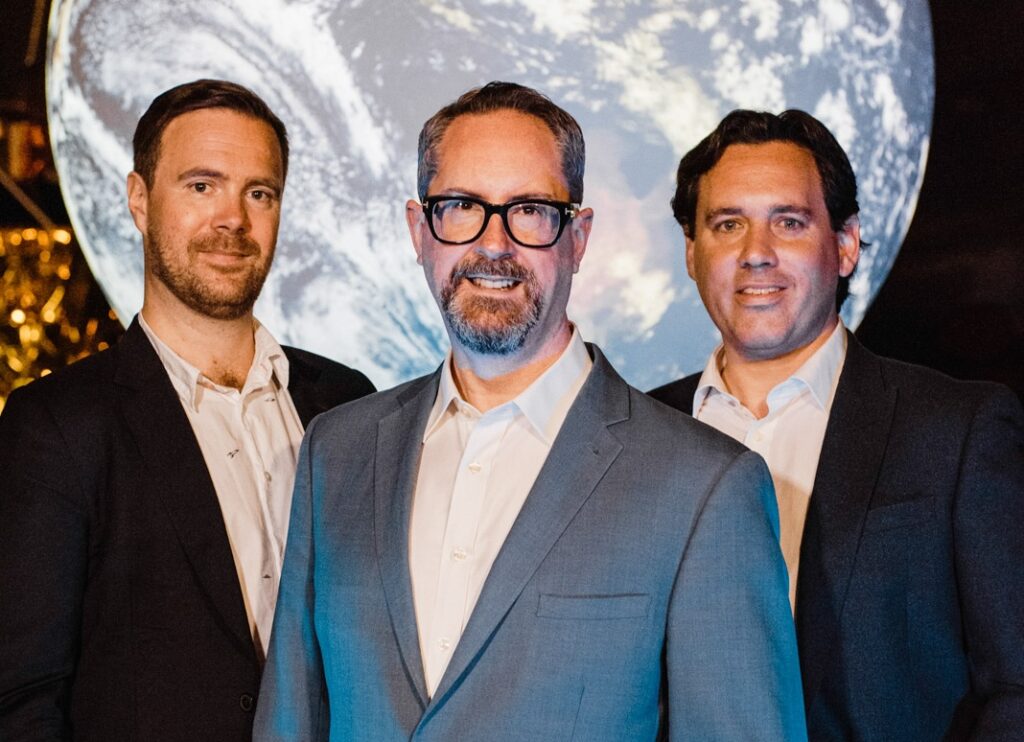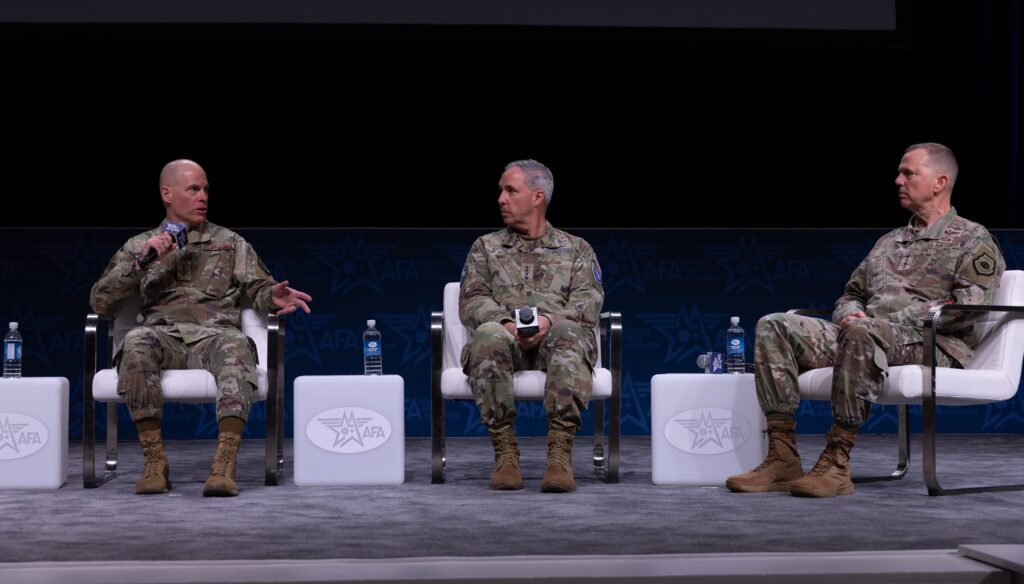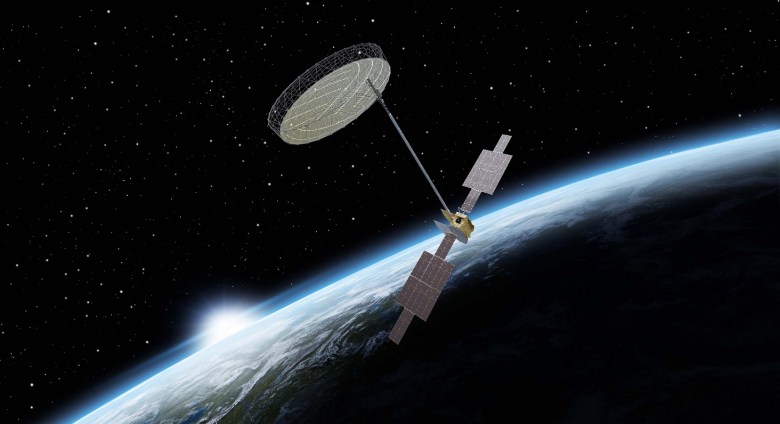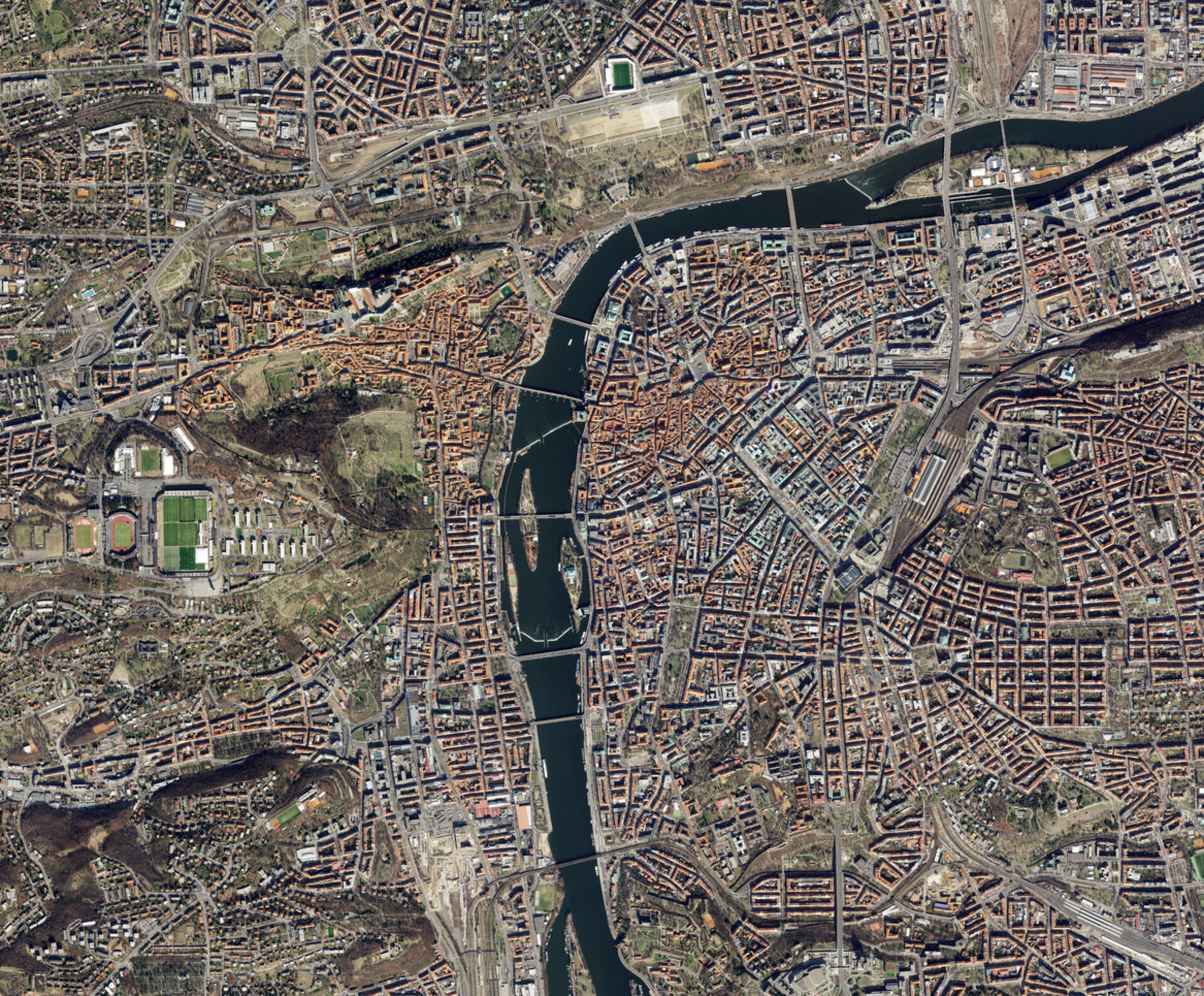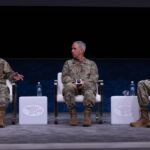Now Reading: Virgin Galactic on track to begin commercial flights in 2026
-
01
Virgin Galactic on track to begin commercial flights in 2026
Virgin Galactic on track to begin commercial flights in 2026
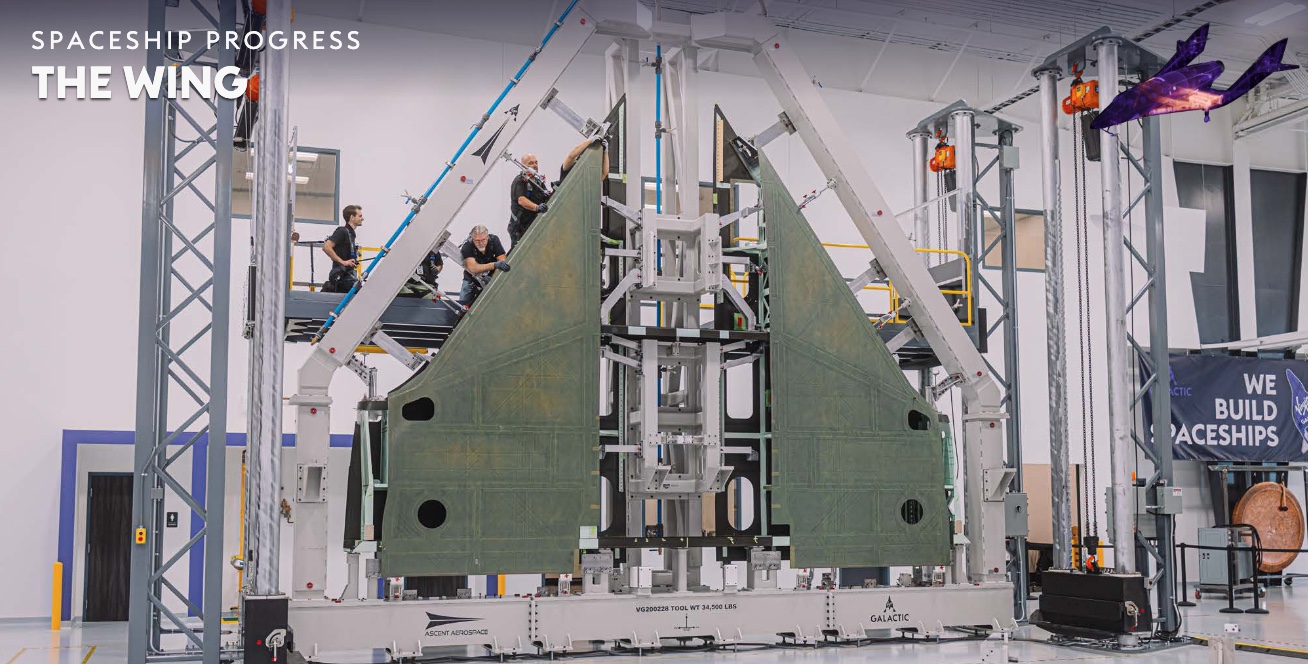

WASHINGTON — Virgin Galactic says it remains on schedule to complete development of its next-generation suborbital spaceplane and begin commercial flights before the end of 2026.
In a Nov. 13 earnings call tied to its third-quarter financial results, the company said it expects to begin test flights of its first Delta-class spaceplane in the third quarter of 2026, with commercial research flights beginning in the fourth quarter.
Virgin revised its schedule in August, pushing back the start of research flights from the summer to the fall because of issues producing the first carbon composite skins for the vehicle’s fuselage.
The move from stating that research flights would begin in the fourth quarter, rather than the fall, is solely a change in terminology, argued Michael Colglazier, Virgin Galactic’s chief executive, on the call. “We’ve had feedback from customers and investors in the southern hemisphere who point out that fall in the U.S. is actually spring in other parts of the world.”
In August, the company projected private astronaut flights would begin later in the fall of 2026 after research flights. Virgin Galactic now says private astronaut flights will begin six to eight weeks after the research missions, suggesting they could slip into 2027.
Completion of the fuselage remains the critical path for finishing the first vehicle. “Our team is focused intensely on resolving the manufacturing and supply chain needs of the fuselage, with strong results,” Colglazier said. The first fuselage is now expected to be complete “just a bit earlier than we expected last quarter.”
“We feel good and confident in our Q3 start of flight test,” he added.
Virgin also said it completed upgrades to Eve, the carrier aircraft originally built for SpaceShipTwo and intended for use with Delta-class vehicles. Eve, which the company calls the launch vehicle for the spaceplane, has resumed test flights at Spaceport America in New Mexico.
“This group executed on time and under budget while substantially improving each flight interval and inspection program,” Colglazier said. “I’m excited to say our launch vehicle is now capable of flying spaceships on successive days, and we’re planning to ramp to an average availability of three to four flights a week.”
He said that, under the current schedule, most of the current backlog of private astronaut customers should be able to fly in 2027. The company is thus preparing to resume ticket sales in 2026.
“I continue to expect it will be higher than the price of our last published price, which was $600,000,” Colglazier said. Virgin plans to sell an initial tranche of tickets, then reassess and adjust pricing for later tranches. “Our expectation is that will likely stair-step itself upward, but we’ll do that tranche by tranche.”
Virgin Galactic reported $365,000 in revenue in the third quarter from customer access fees and an adjusted EBITDA loss of $52.8 million. The company ended the quarter with $424 million in cash and equivalents.
“Our balance sheet remains strong in preparation for commercial service planned for later next year,” Chief Financial Officer Doug Ahrens said.
Stay Informed With the Latest & Most Important News
Previous Post
Next Post
-
 01Two Black Holes Observed Circling Each Other for the First Time
01Two Black Holes Observed Circling Each Other for the First Time -
 02From Polymerization-Enabled Folding and Assembly to Chemical Evolution: Key Processes for Emergence of Functional Polymers in the Origin of Life
02From Polymerization-Enabled Folding and Assembly to Chemical Evolution: Key Processes for Emergence of Functional Polymers in the Origin of Life -
 03Astronomy 101: From the Sun and Moon to Wormholes and Warp Drive, Key Theories, Discoveries, and Facts about the Universe (The Adams 101 Series)
03Astronomy 101: From the Sun and Moon to Wormholes and Warp Drive, Key Theories, Discoveries, and Facts about the Universe (The Adams 101 Series) -
 04True Anomaly hires former York Space executive as chief operating officer
04True Anomaly hires former York Space executive as chief operating officer -
 05Φsat-2 begins science phase for AI Earth images
05Φsat-2 begins science phase for AI Earth images -
 06Hurricane forecasters are losing 3 key satellites ahead of peak storm season − a meteorologist explains why it matters
06Hurricane forecasters are losing 3 key satellites ahead of peak storm season − a meteorologist explains why it matters -
 07Binary star systems are complex astronomical objects − a new AI approach could pin down their properties quickly
07Binary star systems are complex astronomical objects − a new AI approach could pin down their properties quickly












